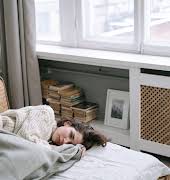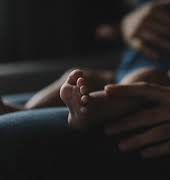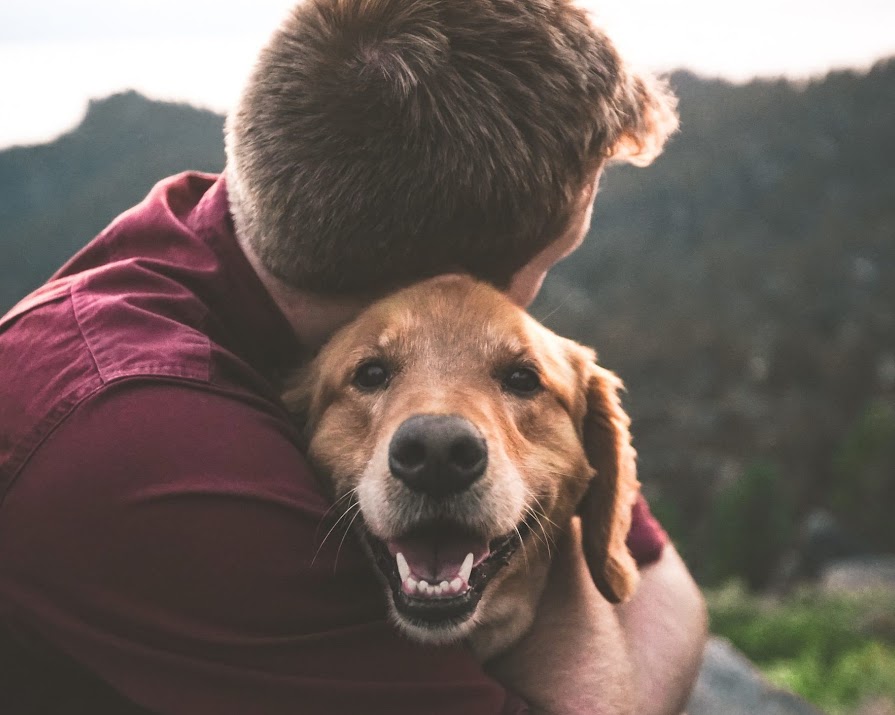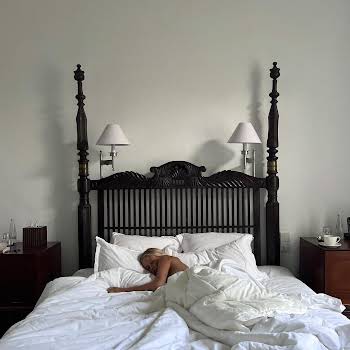Dogs and cats are not looking forward to the end of lockdown, here’s how to help them adjust
By Lauren Heskin
15th Jun 2020
15th Jun 2020
Dogs and cats, just like humans, find comfort in routines. Here’s how to prevent them from getting separation anxiety as you return to life post-lockdown.
Not everyone is thrilled with shops and businesses reopening. Cats and dogs have been living their very best lives over the last few months – everyone is home to shower them with company, attention and walks. As routines change and they have to adjust once again to their own company and time spent alone in the house, dogs and cats can suffer from separation anxiety.
Your cat or dog has understandably become very attached to you and they’re extremely sensitive to their surroundings so your departure for extended periods can be quite traumatic for them. As you ease yourself back into working life, you may notice your pets display some unusual behaviours.
According to Dogs Trust, dogs and cats will become visibly distressed as you prepare to leave, as you put your coat on or get your keys. They will become panicky, their heart rate will rise and they’ll look agitated. Once you leave they might bark, meow or cry, go to the bathroom inside or partake in destructive behaviours. They also might stop eating or drinking while you are away and, in extreme cases, the stress can cause vomiting and hair loss.
The last thing anyone wants is to see their pets in distress and there are a few things you can do to help counteract this and ease them into the post-lockdown world.
As Irish dog charity MADRA pointed out, when our routines were upended back in March, we adjusted by taking up old hobbies, eating things we liked, finding new ways to entertain ourselves and, on the odd occasion, having a good cry. “Your dog might adopt some of these strategies too,” the team points out and you can help them remain calm and relaxed by doing a few different things.
Do it gradually
Begin by building up separation within the house, advises the MADRA team. Don’t immediately react to your animal’s demand for play or attention every time. Make them wait and begin playing themselves. Begin closing doors and partitions between you and your dog, so as they know you’re still nearby but don’t have immediate access to you.
Once you feel that your pet is content in their own company, leave for short intervals at a time. Dogs Trust estimates that dogs are most likely to be destructive in the first 20 minutes after you leave so pop out for a few minutes at a time, to assure them you’re coming back. Build up this time slowly.
Make everyone accountable
Animals can become particularly attached to the person who cares for them most – who feeds, walks and plays with them. Then when this person leaves, pets can feel completely abandoned.
If you have a few people in your house, divide up and rotate your pet’s needs between everyone, so one person’s exit doesn’t signal the end of all things good to your pet. They have other people around they know will let them out to go to the bathroom, scratch behind their ears or give them a delicious treat.
Never lock them up
Keeping your pet out of spaces where you don’t want them to be destructive only deals with a symptom of the problem and not the problem itself. You need to tackle your pet’s anxiety head-on and shutting them out or locking them in while you’re away will not ease their agitation and can instead heighten it.
Pets like to be able to keep an eye on things. If your dog isn’t driven demented by passing strangers or the odd wind-blown leaf, set up places where they can look outside. Cats, in particular, enjoy this so give them a variety of viewing points.

Via MADRA on Facebook
Keep them relaxed
The key is to keep your dog or cat relaxed as you prepare to leave. Start by giving your pet the space to quieten down. Cats and dogs need more sleep than humans so give them the time to slow down. We tend to reward pets when they’re active, for example sitting or walking well on a lead. But it’s also important to reward them when they’re chilling out. Just make sure to do it in a relaxing manner – there’s no point rewarding a snoozing dog by squeaking a noisy toy in front of their face. Petting and treats are the way to go here.
Once you’re getting ready to leave, offer them a distracting reward, like their favourite toy or a long-lasting chew – a konk filled with frozen peanut butter was always a favourite in my house. This will help them settle and let them know that you leaving isn’t necessarily a bad thing. For cats, create a treasure hunt of sorts by hiding treats around the house for them to seek out while you’re away.
Give them some semblance of routine
As you begin to spend more time away from home, make sure to schedule in regular times for your pet. Pets like routine so you should set times for feeding and walking and try to stick to them as much as possible. If you’ve been walking your dog early in the morning and are suddenly running out the door to work without taking them out, they can become distressed and disorientated.
It’s also important to put time aside to play and pet them. The time we have spent with our pets over the last few months has grown hugely, and as a result, so has the amount of attention they have received. Keep up the cuddles and you should have good calm doggos and cats as we head into this new world.
Featured photo by Eric Ward on Unsplash
Read more: Kate Beckinsale’s adorable grumpy cats are all of us during lockdown
Read more: The DSPCA reports a sharp rise in rescue animal enquiries but has this warning for pet seekers
Read more: We took an inordinate amount of doggie portraits this year… so here they all are























